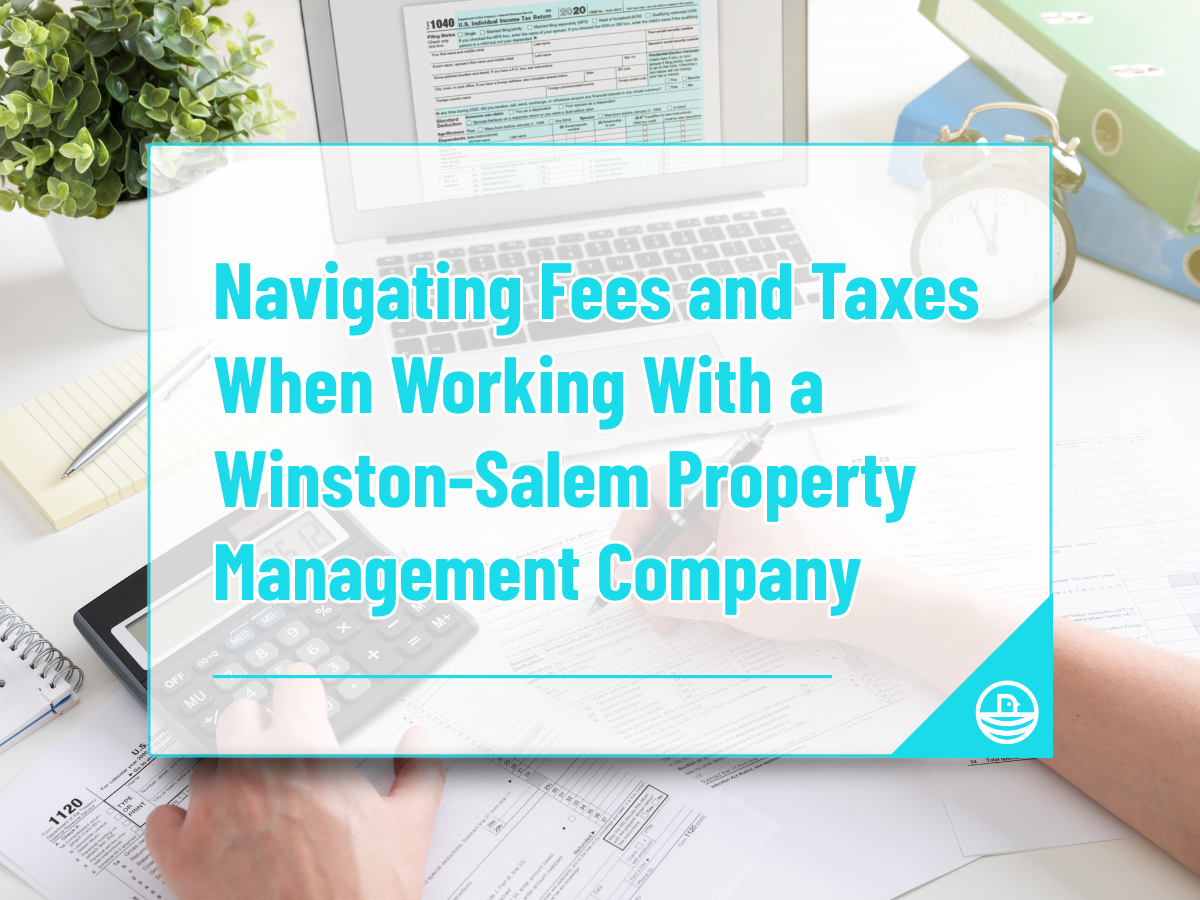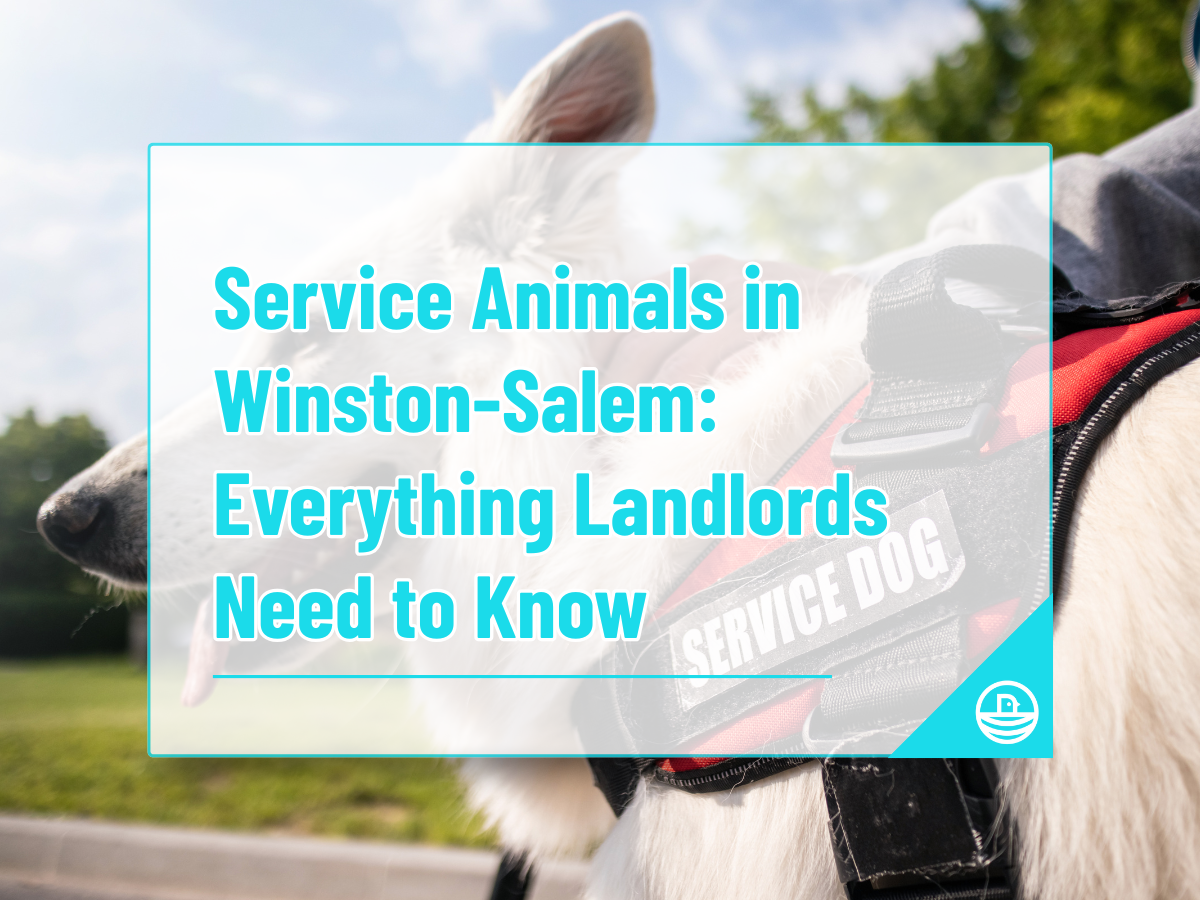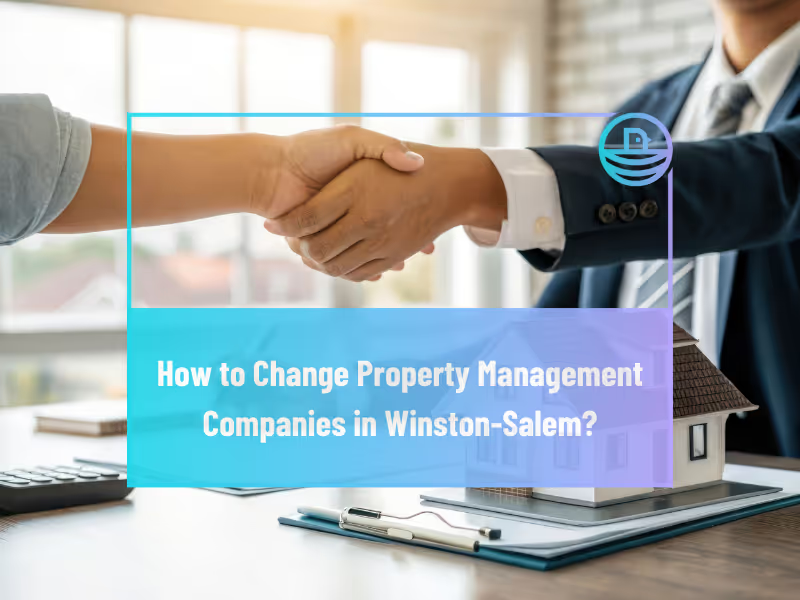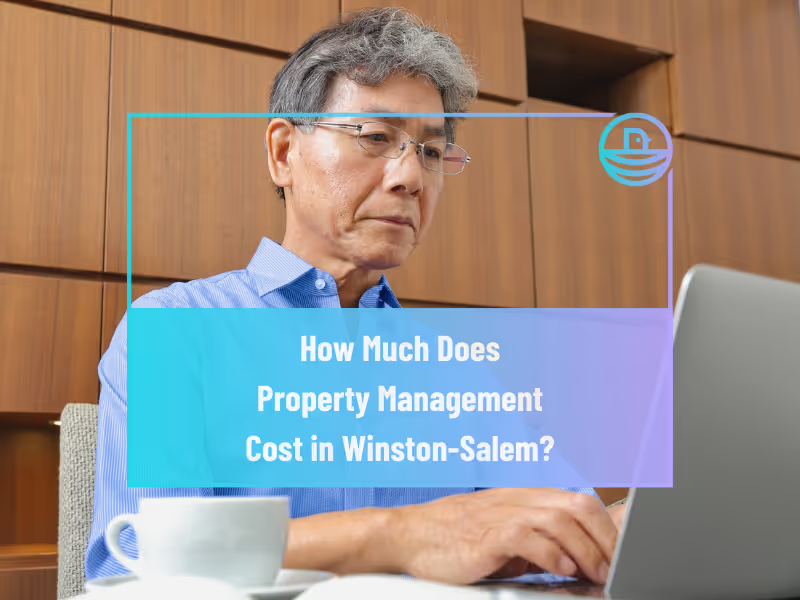Squatters’ Rights in Winston-Salem: What Landlords Need to Know
Understanding squatters' rights in Winston-Salem is essential for landlords in this area. This article will explore the legal intricacies surrounding squatting, the process of adverse possession, and how property owners can protect their rights.

The Legal Definition of Squatting
Squatting is defined as the act of occupying an abandoned or unoccupied property without the permission of the owner. The squatter does not have any legal claim to the property unless certain conditions are met.
In legal terms, squatting is often closely associated with the concept of adverse possession, where a squatter may gain legal ownership of the property after a specified period of continuous and exclusive use. This legal doctrine is rooted in the idea that land should be put to productive use, and if the rightful owner neglects their property, someone else may take it upon themselves to maintain it.
The History of Squatting Laws in North Carolina
Squatting laws in North Carolina have evolved over time, influenced by historical factors such as population growth, housing shortages, and social movements. Initially, the laws were primarily focused on protecting the rights of property owners.
However, as societal attitudes shifted, the legal framework began to address the rights of individuals occupying properties without legal ownership. This has resulted in a complex interplay between landlord rights and squatters’ rights in contemporary legislation. Notably, the rise of urbanization in the late 20th century led to increased instances of squatting, particularly in economically distressed areas where housing was scarce. Activist groups emerged, advocating for the rights of squatters, arguing that access to shelter is a fundamental human right. These movements have influenced local policies, prompting some municipalities to explore alternative solutions, such as housing assistance programs and legal protections for vulnerable populations facing eviction.
The Difference Between Trespassing and Squatting
While both squatting and trespassing involve unauthorized occupation of property, there are key differences between the two. Trespassers enter a property with no legal right and can be removed at any time without the need for lengthy legal processes. In contrast, squatters may claim rights to an unoccupied property if they meet certain legal criteria, including the following:
- Open and notorious possession: The squatter must occupy the property in a manner that is visible and obvious to others.
- Continuous possession: Occupation must be uninterrupted for the entire statutory period.
- Exclusive possession: The squatter must be the only one using the property.
- Hostile possession: The occupation must be without the permission of the owner.
These stringent requirements mean that not all squatters will successfully obtain rights to a property, but it does lay a foundation upon which they might build a legal claim.
The Legal Procedure for Claiming Adverse Possession
If a squatter believes they meet the criteria for adverse possession, they must initiate a legal process to claim ownership. This typically involves filing a claim in the local court and providing evidence that supports their case. Property owners should be aware that this process can lead to protracted legal battles, making it essential for them to stay informed about their property rights.
The Rights of Property Owners
Property owners retain significant rights, even when faced with squatters. They can undertake various actions, including filing for eviction, pursuing legal claims against squatters, and reinforcing property boundaries to discourage unauthorized occupancy. Understanding these rights is crucial as it empowers owners to take measures to protect their properties from unauthorized occupation.
How to Prevent Squatting
Preventive actions can significantly reduce the risk of squatting. Some effective strategies for property owners include:
- Regularly inspecting and maintaining properties, especially vacant ones.
- Securing the property with locks, fences, or security systems.
- Utilizing neighborhood watch programs to deter unauthorized access.
- Hiring a local property management company to watch over your rental.
By taking a proactive stance, landlords can minimize the chances of squatting and its associated legal complexities.
Legal Recourse for Property Owners
Landlords have several legal avenues to pursue if they find themselves dealing with squatters. Primarily, they can file for eviction through the court system. This process typically requires serving notice and providing evidence of ownership. Additionally, landlords can seek legal assistance for other remedies that may be available, depending on the unique circumstances of each case.
Squatters’ Rights in Winston-Salem
In Winston-Salem, squatters possess certain rights, which can complicate the eviction process for landlords. It is crucial for property owners to understand these rights to navigate potential legal challenges effectively. Awareness of local laws regarding squatters' rights will enable property owners to make informed decisions and take appropriate legal steps when necessary.
Legal Protections for Squatters
Squatters in Winston-Salem may invoke legal protections that shield them from immediate eviction under specific conditions. These protections are designed to acknowledge their claims and ensure that due process is followed. Landlords must approach each situation with a thorough understanding of both their rights and the rights of squatters to prevent misunderstandings or legal missteps.
The Process of Eviction for Squatters
Evicting a squatter is not a straightforward process. Landlords must follow legal procedures to avoid complications, which often includes filing a formal eviction notice in the local court. Furthermore, landlords may need to provide evidence that supports their claim of possession and demonstrate that the squatter has not met the criteria for adverse possession.
Final Thoughts: Squatters’ Rights in Winston-Salem
Squatters' rights in Winston-Salem present a challenging landscape for landlords. By understanding the legal definitions, historical context, and specific local laws, property owners can better navigate the complexities associated with unauthorized occupancy. Proactive measures combined with knowledge of legal recourse and rights will empower landlords to protect their property and minimize the impact of squatting in their investment ventures.
Would you rather spend your time building your rental investment portfolio and leave the squatting prevention to the experts? Contact our local property management team today!













